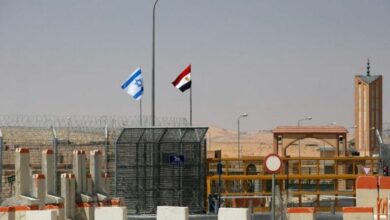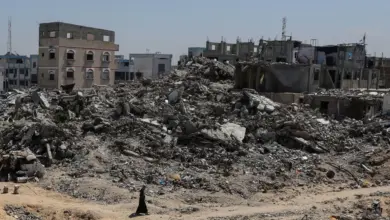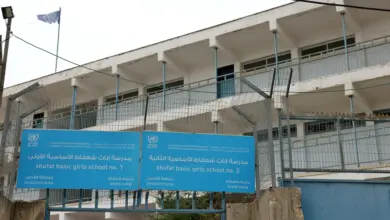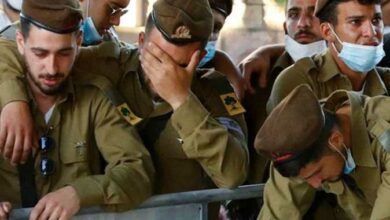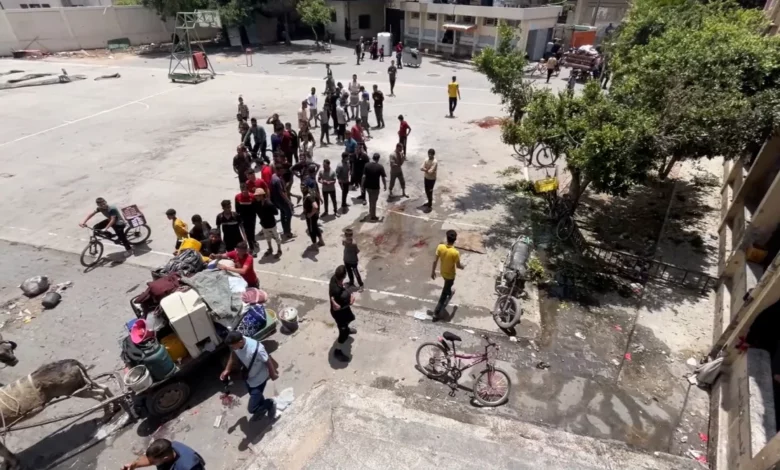
The Al-Nazla school in Saftawy, on the outskirts of Jabaliya, was being used as a temporary shelter by people fleeing violence when the strike took place.
An eyewitness, Saleh Al-Aswad from Jabaliya, told CNN that his son-in-law is being treated for injuries sustained during the attack.
He added that a “man making bread for his children, thinking this was a safe space” was killed along with his daughter, Afnan, and his son, Mohamed.
CNN footage shows health workers at the Sheikh Radwan clinic tending to bodies wrapped in white sheets.
One health worker shows the body of the deceased toddler Mohamed with injuries to his face.
CNN has reached out to the Israeli military but has not yet heard back.
Healthcare system ‘on its knees’
News of the strike comes as the humanitarian situation in Gaza continues to deteriorate.
In a statement on X Saturday morning, the United Nations Office for the Coordination of Humanitarian Affairs (OCHA) warned that Gaza’s healthcare system “is on its knees” as access to hospitals and facilities shrink further amid supply shortages and Israeli attacks.
As of Friday, 15 out of 36 hospitals in Gaza were only partially functional, 21 hospitals were out of service, and there were six functional field hospitals, OCHA’s report said, citing the WHO. Existing hospitals are operating at more than four times their bed capacity, according to the Gaza Ministry of Health, the agency said.
“Shortages in fuel, medical supplies and equipment are threatening the ability of the remaining health facilities to operate,” it added.
So dire has the situation become that the director of the Kuwait hospital in Rafah posted a video plea on WhatsApp, to “sound the alarm to the WHO to keep this hospital operational and to guarantee it doesn’t shut down by providing it with the necessary fuel.”
In his video appeal, Dr. Suhaib al-Homs says the Kuwait Hospital is now the only functioning hospital in central Rafah injured members of the public can reach “around the clock,” as the surrounding field hospitals are difficult to access without an ambulance.
“We are warning of the mounting health crisis as hospitals are going out of service and the collapse of the health sector,” he says.
“We will keep on working and the medical teams will keep doing their job. What’s happening now makes us more steadfast and adamant to fulfill our duty to serve our people.”
The UN aid agency has warned that some displaced people in central Gaza are now surviving on 3% of the minimum standard for daily water needs and that communicable diseases, including diarrhea and suspected Hepatitis A, continue to increase with children under the age of five being particularly affected.
Earlier this week, the head of the WHO called on Israel to ease all restrictions on aid entering the Gaza Strip, saying the primary route for vital medical aid to enter Gaza from Egypt had been cut off amid an ongoing Israeli army operation on the southern Gaza city of Rafah.

